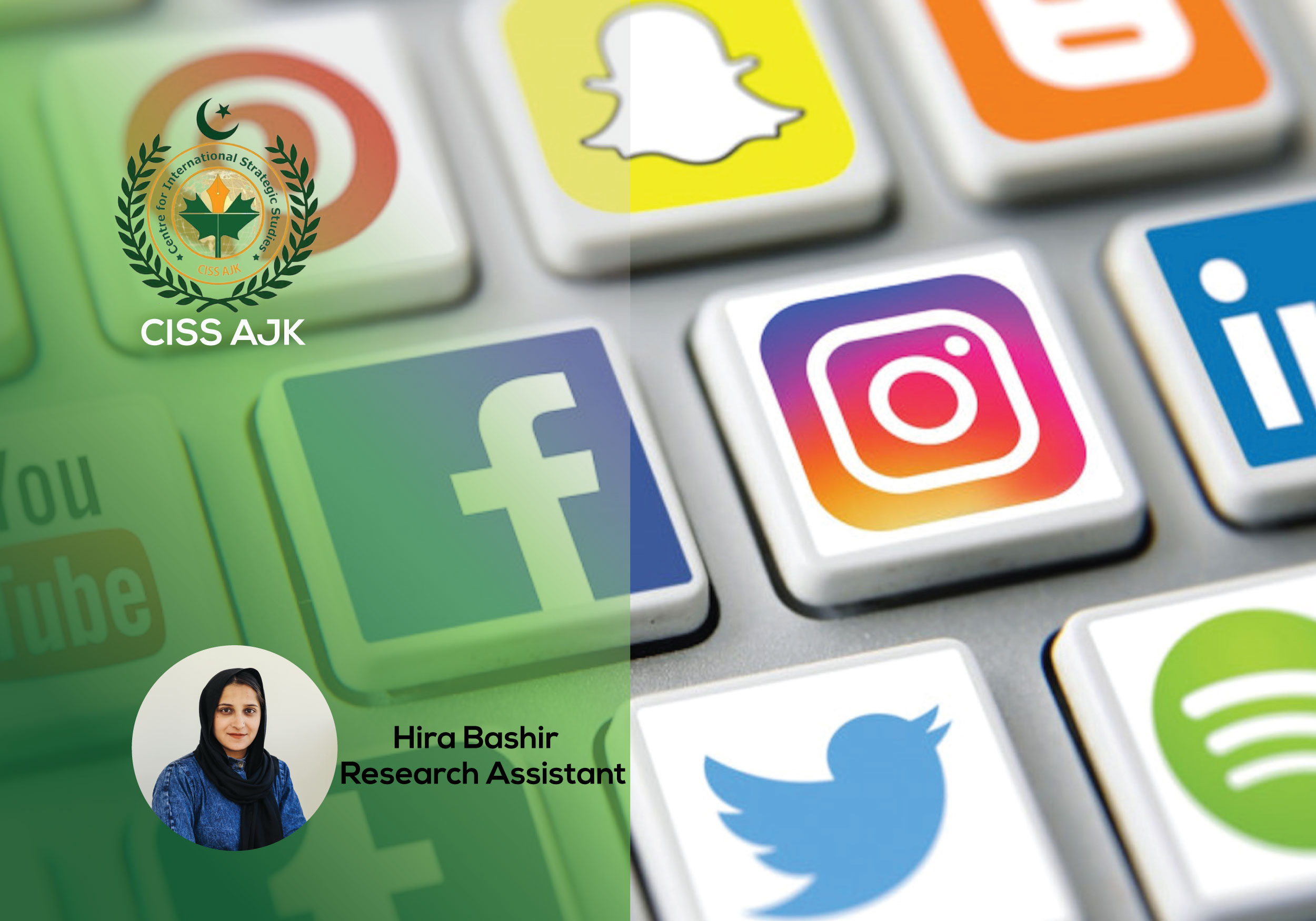Power is a fundamental concept in International relations. In the elements of national power, the population has a cardinal role. In population, the role of youth is really important. Youth is an asset of the nation and are the building blocks. They play important role in the development of society. Today, the role of youth is very powerful because they are good at using new technologies and have a central role in strengthening other elements of power such as economic and military power. Therefore, they always remain an important target of information warfare. Therefore, the state should have strategies to motivate youth.
In the past, knowledge gaining was tough as only the teacher was the source of providing knowledge, however, now, the world has become globalized and young students do self-study through online sources; watching documentaries, reading articles, etc. Now students do not rely on teachers, they do research on their own. They have the charisma to do something great. Their abilities can be transformed into the achievement of national goals.
Pakistan currently has the largest generation of young people. According to a report, in 2020, 64 percent of the total population was below the age of 30, and 29 percent were between the ages of 15-29 years. This is the largest segment of society and can play important role in the development of society.
This segment is getting depressed because of the lack of opportunities and accessible resources. They have degrees and creative ideas, but no proper directions to show their abilities. The current collapsing economy due to the flood crisis and COVID-19 further exacerbated the lack of opportunities and resources. According to the Economic Survey of Pakistan, 1.77 percent of the total GDP is spent on education, which is not enough to reach educational objectives.
Due to the declining economy, the social contract is getting weaker in our country, as they are not providing sufficient resources to youth to fulfill their objectives. They blame states for not providing enough opportunities, which result in resentment. Due to globalization, the youth can now interact with the youth of other countries and see the opportunities available to the youth of other countries. They compare their country’s resources with other countries; it creates disappointment of being a citizen of this country and resultantly leads to brain draining and hatred towards the country. This situation can easily make them a target to information warfare which is very threatening.
Due to the deterrence stability on the Conventional and Nuclear levels, India is looking for ways to weaken the state of Pakistan through hybrid warfare. When youth will have resentment against the state, it will be much easier for India to exploit the youth and change their perception of the country. It becomes easier for them to disseminate propaganda against the state institutions. It can create national security issues for Pakistan. To run a state effectively, people’s trust in institutions is incumbent. There is no state in the world that can function properly without people’s trust in institutions. The world has realized the threat of information warfare.
The West accused Russia of interfering in internal politics, and the US also accused Russia through social media and fake news. Recently, internal Twitter documents showed that Twitter gave special protection to the US army’s online psychological operations. Twitter did not suspend many of the US army’s accounts for two years. It means states around are using social media in their military strategies as a tool of power struggle.
The new technologies also increase the possibility of new avenues such as deep fake to further impact the minds of youth in Pakistan. Therefore, there is a need to make strategies for motivating and empowering youth so that they do not become a tool in the hand of enemies to use against Pakistan. The government should make an effort to increase the representation of youth in parliament. Furthermore, there should be more focus on the economy and improving the sectors which provide jobs to youth. In addition, the government needs to start skill development programs for youth.
Author: Hira Bashir is a Research Assistant at CISS AJK working on Nuclear Politics & Disarmament, Emerging Technologies, and New Trends in Warfare.



